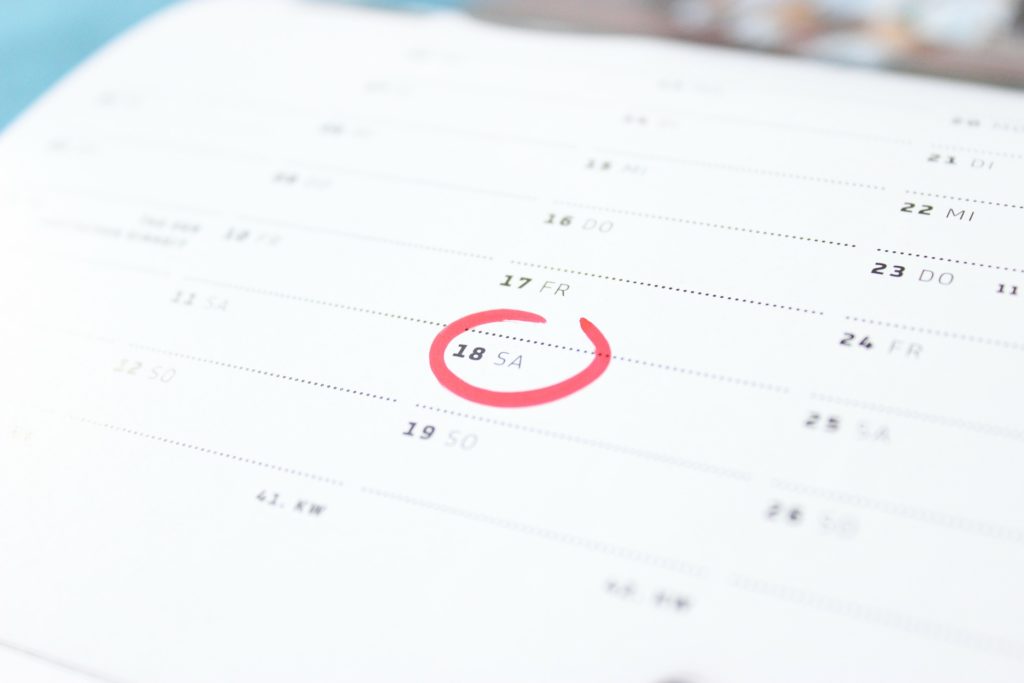Learning Your Baby’s Due Date During the Pandemic
It’s been weeks since your last menstrual cycle. You find it a bit strange because your period tends to pop-up like clockwork. Not to mention, you’ve been feeling a bit beside yourself lately. You’re constantly tired, you get frequent tummy aches, you can’t focus, you’re gassy, and perhaps you’ve even thrown up once or twice. So, you put two and two together and decide to take a pregnancy test. Low and behold, you’re expecting!
Whether planned or a complete surprise, finding out you’re pregnant can send a myriad of feelings rushing through you at once. You may be happy to bring life into the world but at the same time a bit anxious. This is especially true with the coronavirus pandemic going on.
You want nothing more than to have a happy and healthy pregnancy, but getting to the doctor’s office right now is nearly impossible (and also unsafe for you and your unborn child). Though you want to check and see that your pregnancy is going well and your baby is well, chances are you’re dying to find out when your little one will arrive.
Calculating Your Due Date

There are several methods that your doctor or midwife can use to determine how far along you are in your pregnancy.
- Last Menstrual – To calculate your baby’s due date, they will often ask you the date of your last menstrual cycle. They take the first day of your last period, add seven days to it, then subtract three months from that date to determine when your baby is due.
- Uterus Size – If you’re unaware of the first day of your last period, the doctor can also assess how far along you are based on the size of your uterus. After reaching 12 weeks of pregnancy, your uterus will begin to expand above your pelvis. Using a tape measurer, the doctor can determine a general due date based on how far the top of your uterus is from the pelvis.
- Ultrasound – Last, but not least, an ultrasound can provide an accurate account of how far along you are and when the baby is due. Last, but not least, an ultrasound can provide an accurate account of how far along you are and when the baby is due. If you are in your 20 to 38 weeks of pregnancy then 3d or HD ultrasound can be very useful for you to look at the other organs of your baby as it provides a clear image of your baby in the womb.
Safer Methods During the Pandemic

These are all the traditional ways a doctor or midwife would determine your baby’s due date. During the coronavirus pandemic, however, high-risk patients (i.e., expectant mothers) are encouraged to steer clear of doctor’s offices and hospitals unless there is an emergency. So, finding out when you’re due is likely not worth the visit. Fortunately, you can ease your due date anxieties while remaining safe at home.
- Due Date Calculator – A quick and convenient way to learn your baby’s due date during the pandemic is to utilize an online pregnancy due date calculator. If you have the first date of your last period or believe you have an idea of the date you conceived on, you can input this information and instantly receive your due date.
- Telemedicine – If you don’t know the first date of your last period or a general idea of when you believe you conceived, you can reach out to your doctor via telemedicine. This is a virtual appointment in which you can inform your doctor that you’re expecting. Through their safe and secure platforms, your doctor can help you determine how far along you are, prescribe prenatal vitamins, and answer any other questions you may have without you ever having to leave your home.
Knowing when your baby’s due date is isn’t just to put your anxieties at ease. When you know when you’re expecting, you can create a plan to properly prepare for the arrival of your newborn. While the answer to this and many other burning questions may not be safe to visit the doctor’s office for, you can still find out when your little one is arriving from the comfort of your own home.
Featured Photo by Dominika Roseclay from Pexels




